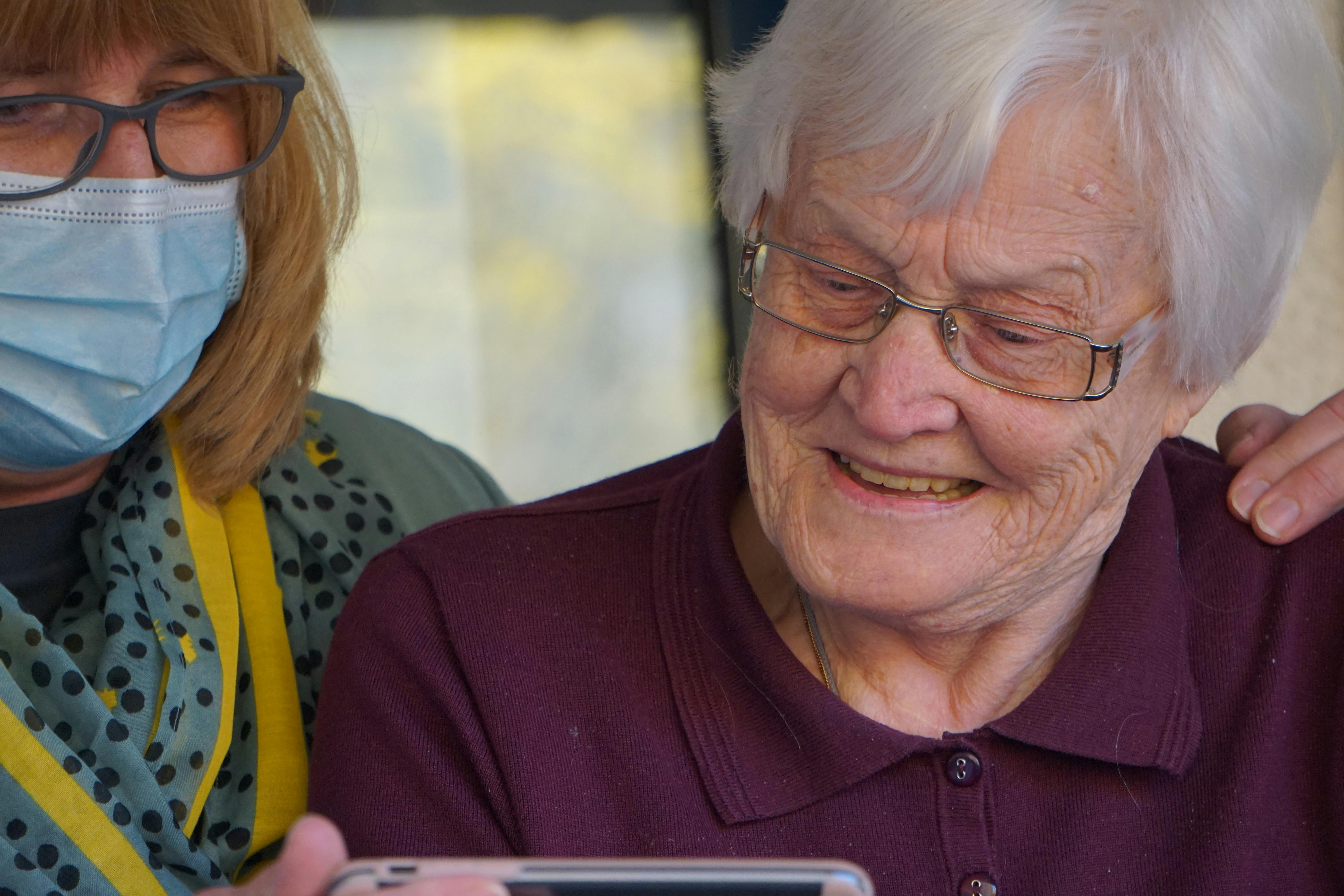Digital care service Cera Care raises $320 million

After a record year for health tech startups in 2021, the first half of 2022 was somewhat quiet due to market conditions. This makes it all the more surprising that at-home care startup Cera Care has scooped up $320 million in a round led by Kairos HQ, alongside several other venture capital firms, as well as individual and institutional investors.
Better at-home care
Cera is a technology-enabled care company founded five years ago in the United Kingdom—with the goal of digitizing what is still a very paper-heavy sector.
The startup's platform connects elderly and vulnerable patients to professional homecare personnel, delivering services including nursing, telehealth, and repeat prescriptions.
The business model involves a trained nurse visiting patients every day and documenting their medication intake, sleep patterns, mood swings, food intake, and other symptoms in an app. The patient also has access to the app at all times.
Based on the collected data, a form of artificial intelligence calculates the patient's health status. From the results, nurses can then derive any further care.
Business model push thanks to COVID
The model has led to impressive expansion in recent years, bolstered by the COVID pandemic. The company has expanded its workforce to more than 40,000 employees and conducts more than 40,000 care visits daily, making Cera one of the fastest-growing companies in Europe.
The company claims it is 10 times cheaper than treating a patient in the hospital and that it can reduce hospitalization rates by over 50 percent, offering great support at a time when hospital beds are desperately needed.
Next steps
No question, care is a growth market. After all, the sector is facing challenges such as an aging society, a shortage of skilled workers, and a desire (among those affected) to live in their own homes longer.
Plus, it’s worth noting that in Europe, the U.S., and many other industrialized countries, hospital providers try to keep the length of stay as short as possible after inpatient procedures. As a result, much of the treatment is being shifted from the inpatient sector to the patient's home, driving the decentralization of healthcare year upon year.
Big Tech knows this too, and has therefore made great efforts in these areas to leverage customer proximity advantages in recent months.
Cera plans to use the fresh capital injection to expand from 40,000 care visits to as many as 100,000 care visits per day in the UK, Germany, and beyond. In addition, the company wants to move to a SaaS model, which would allow other technology and care providers to use its services.